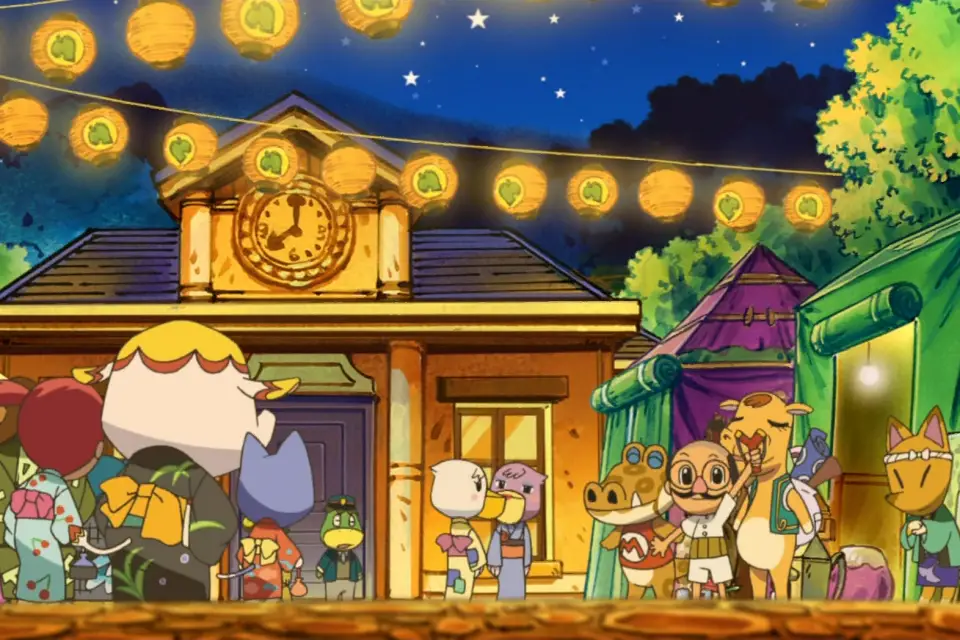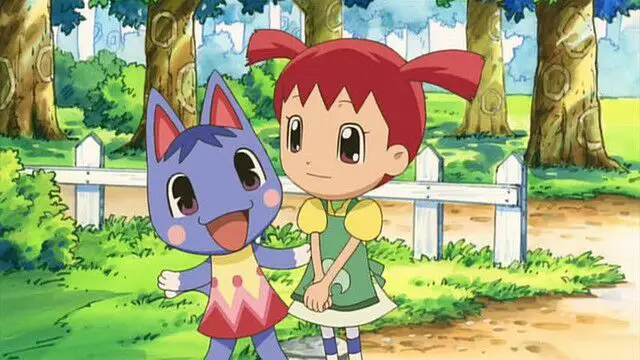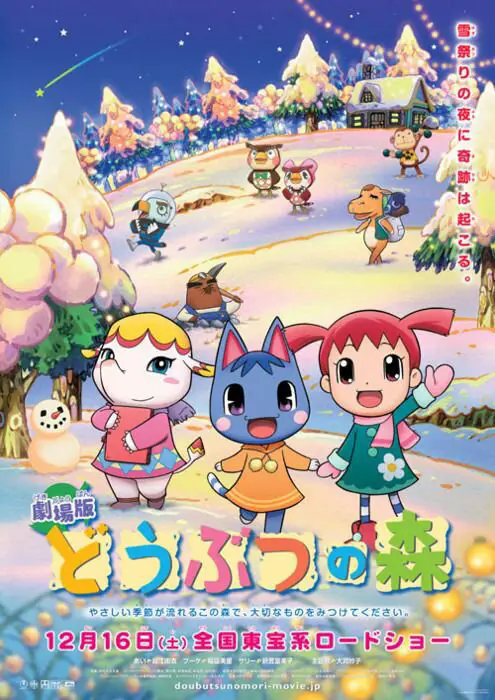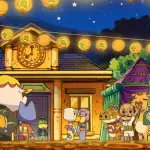‘Animal Crossing’: The One Video Game Movie That Gets It Right

I was one of the thousands of people cheering when Nintendo announced Animal Crossing: New Horizons at E3 this year. I’m a longtime fan of the series, so the 2020 release date feels too far to bear. If you’re like me and need an Animal Crossing fix that doesn’t involve paying microtransactions in Pocket Camp, then maybe the Animal Crossing movie has what you need.
Animal Crossing: The Movie is one of the lesser-known video game adaptation movies, at least here in the US. The film was released in 2006, a year after the release of Animal Crossing: Wild World for the DS. Released only in Japan, it was the third highest-grossing film the weekend of its release. An obvious cash-grab? Yes. Do I care? No.

You might think that because of the nature of Animal Crossing, it would be pretty difficult to cobble together a plot, and you’d be right. The lack of a plot doesn’t stop this from being an enjoyable viewing experience, however, but it’s important to understand Animal Crossing fully in order to really appreciate it.
Animal Crossing is a game based around Ma, a Japanese aesthetic concept characterized by space. Ma is essentially the metaphysical counterpart to the physicality of minimalism. A minimalist room provides physical space, but Ma provides space in the mind: like taking a break for afternoon tea or a purposeful pause between words. Similarly, everything in Animal Crossing is slow and deliberate. The time is based on the in-game clock, so the day/night cycle is parallel to real life. It is not a game where you can rush through and get every upgrade at once. It takes time to expand your house, for flowers to grow, for certain events to arise. This creates Ma because the game forces you to slow down and enjoy the simple pleasures of wandering around your virtual town. This feeling is very well translated into the movie adaptation.

The film follows Ai, an eleven-year-old girl moving to Animal Village. The plot is comprised of various events that take place during the main games: a villager moving away unexpectedly, collecting pieces of a crashed spacecraft for Johnny (known as Gulliver in the English version of the game), and participating in the various winter holidays. The leisurely and relaxing feeling of Ma takes priority over any actual plot, much like the game. Ultimately, the film follows Ai’s journey within the town, and her desire to become a true, integrated member of Animal Village. The leisurely and relaxing feeling of Ma takes priority over any actual plot, much like the game.
For fans of the franchise, it’s oddly heartwarming to see the game translated into a different medium. The soundtrack for the movie also comes from the original game, adding to the nostalgia and warmth the movie conveys. Classic villagers like Rosie (Bouquet) and Whitney (Bianca) get personalities beyond just the standard phrases programmed into the game. All of the NPCs from Tom Nook (Tanukichi) to Mr. Resetti (Mr. Reset) get appearances as well. We see life in Animal Village throughout the changing seasons. Even certain iconic shots from the game are lovingly recreated; for example, the way the camera moves from top-down to head-on as Kapp’n’s (Kappei’s) taxi pulls up to the town hall.
Animal Crossing: The Movie really captures the heart of the game series by being a slice-of-life in the purest form: no plot, just ordinary people (er, animals) going about daily life. And if you can’t see beauty in the simplicity of that, then perhaps it’s time to dust off that DS and start your own Animal Crossing journey.
Are there any other video game movies you consider underrated? Let us know in the comments!


